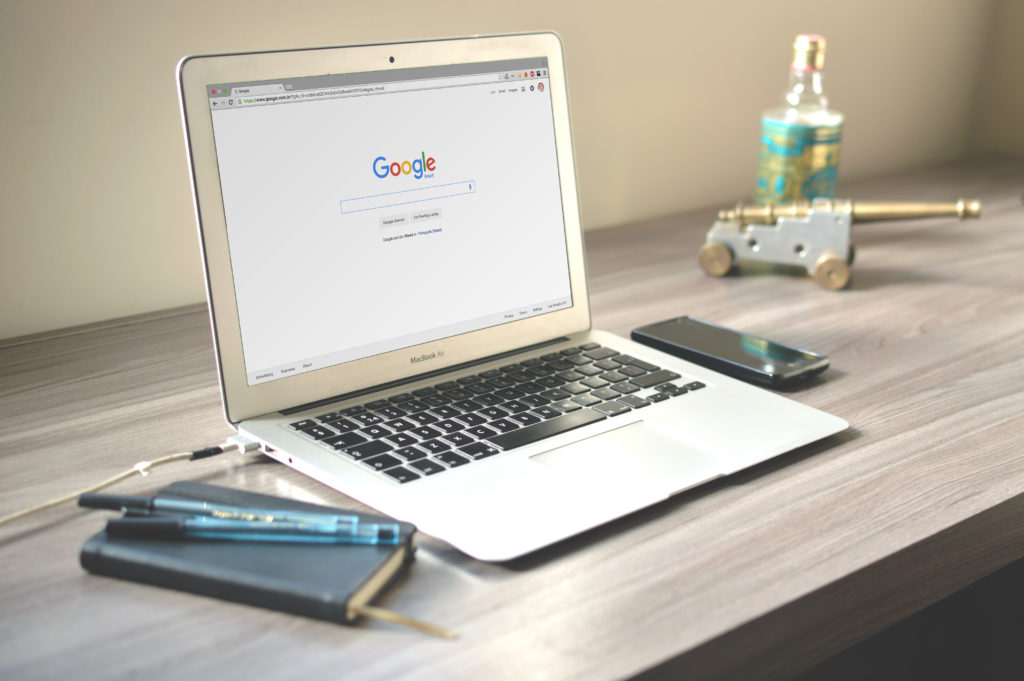Pick website images that won’t get you sued
January 7, 2018
We all know that websites, blogs and social media posts look much better (and often receive better treatment by search engines) when you include images. We’ve all been there: you’ve just written a great Facebook post and now all you need is the perfect picture to go with it. Or you’re updating your website and you don’t want the same “people shaking hands” stock photo that everyone has.
So where do you turn? The first stop for many is Google image search. It’s so easy- all you do is search for your topic and thousands of relevant pictures are at your fingertips. Problem solved!
NOT SO FAST. Many of those pictures, perhaps even most, have copyright restrictions. A copyright is a legal right that someone owns on that particular image. And if you violate that right, the owner can sue you. In fact, there are companies out there that all they do is crawl the internet looking for unauthorized uses of copyrighted images. If one of these companies find an unauthorized image on your website, blog, etc., they will send you a cease and desist letter along with a demand for compensation. They base the money demanded on the number of copyrighted images on your website and how long those pictures have been there.
I’ve seen demands for thousands of dollars for just one image!
Now here’s the problem. You can either pay up or potentially be sued. And not sued in something easy and local like small claims court. Since registered copyrights are based on federal law, we’re talking federal court. It won’t be local and it won’t be cheap. Even if you win, you’ve still got attorney’s fees and court costs, not to mention the stress and time of litigation.
These companies will not just go away if you ignore them. It’s really unfortunate, but many times the only practical option is to negotiate and settle these claims. So it’s entirely possible that the one little image you’ve got on your website that you innocently copy and pasted off of Google images could cost you hundreds, if not thousands of dollars someday.
The question: what can you do to avoid all of this? The way copyrighting works is that as soon as someone creates an image or takes a photo, they have certain rights. Then if they register those rights, they have even more rights. That creates a system of copyrights with varied levels of protection, and thus, varied levels of uses that are allowed. Under basically all of these varied levels of copyrights, commercial use is not allowed. Commercial use is essentially anything other than personal use, so putting it on a business website or Facebook page, even if you’re not trying to make money with that particular post, would be a violation.
Here are the best options for using images and photos that won’t get you sued or cost you money down the line:
- Create your own. If you take the picture or you create/design your own image, you are the copyright holder and can use it for whatever purpose you want.
- Get permission. If you have a license or written permission to use a copyrighted image, you’re good to go. However, this is one of those times that you’ve got to read the fine print. Not all licenses are created equal. Make sure the license:
- Allows for commercial use.
- Lasts forever (sometimes called a “perpetual” license). If the license has an expiration, you will need to renew it, which means ongoing fees if you want to keep using the image.
- Does not require attribution. If it does, you will have to give credit each time you use the image.
- Find and use images that do not have any copyright protection whatsoever. These are called “CC0” images. Some creators and designers want to allow their images to be in the public domain and used for any purpose. A CC0 image has no rights reserved whatsoever. That means you can freely use it for commercial purposes, in perpetuity, without any attribution. You can easily find websites that offer free CC0 images. Here are a few I use:
- Pexels.com
- Pixabay.com
- Morguefile.com
- Stocksnap.io (that’s where I got the image for this post)
In sum, keep using pictures and emails in your marketing, but take a few extra minutes to make sure you have the legal right to use them. Save your future self some time, energy and money by selecting images that won’t get you sued.


